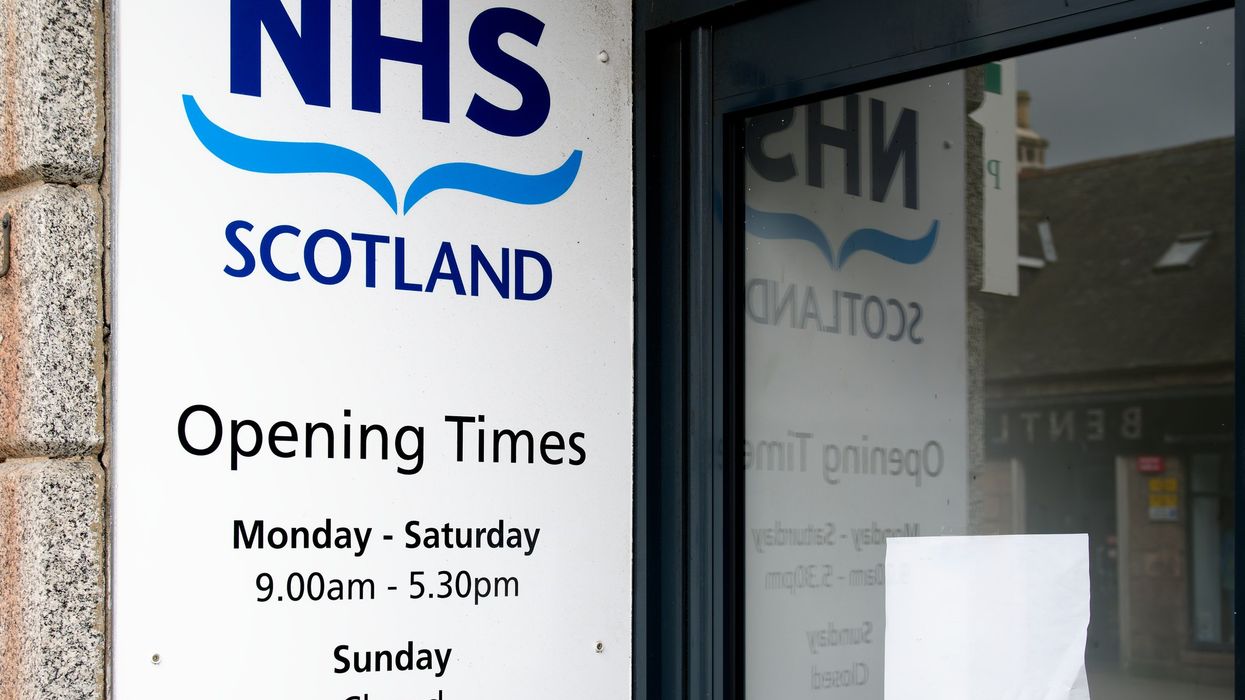Key Summary
- The pharmaceutical industry supports over 15,000 high-value jobs and contributes more than £1.7 billion annually
- It takes 374 days for a medicine to become available after it receives its licence
- Many patients face delays in treatment, and some are forced to move towards private care
The Association of the British Pharmaceutical Industry (ABPI) has launched its manifesto for the next Scottish government, which urges parties to commit to policies that improve patient outcomes, strengthen NHS delivery, and attract global investment in R&D and advanced manufacturing to Scotland.
The association pointed out that the pharmaceutical industry plays a vital role in Scotland’s health and economy - supporting over 15,000 high-value jobs and contributing more than £1.7 billion annually.
These achievements are made possible by strong collaboration across the “triple helix” of government (including the NHS), academia and industry, it added.
However, the ABPI said the uptake of new medicines in Scotland remains slow and uneven.
The delays in treatment were forcing some to move towards private care, while others face worsening health, lost income, and greater strain on families.
ABPI chief executive Richard Torbett said, “Better health and a stronger economy go hand in hand, and Scotland can have both. With the right policy choices."
The manifesto stated that patients in Scotland still wait too long to access new drugs and treatments.
On average, it takes 374 days for a medicine to become available after it receives its licence, and only 28 percent of medicines available to European patients are fully accessible in line with their licence in Scotland — far behind Germany (90 percent) and England (37 percent).
The ABPI manifesto recommends the three key areas of focus for the next Scottish government.
Make sure that patients can access cutting-edge treatments and vaccines, promote research and innovation, and effectively use health data.
For new treatments and vaccines, the ABPI has called for incentivising health boards that quickly adopt cost-effective innovations, make it mandatory for health boards to report adoption of accepted medicines, and supporting a world-class Scottish Medicines Consortium that keeps pace with the latest scientific advances.
To improve research and innovation, the ABPI wants stronger NHS–industry partnerships and to create a financially sustainable, world-class trials environment in Scotland.
For effective use of health data, the ABPI wants the government to invest in disease registries and create a single metadata directory of NHS datasets to enable meaningful analysis and insight.












